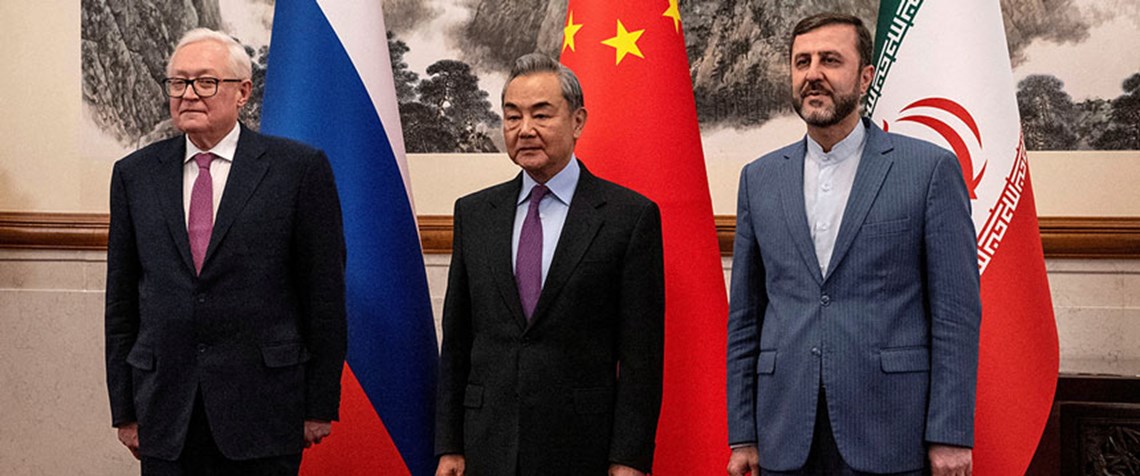Letter from Iran: High-stakes nuclear diplomacy
Iran’s oil is caught in the crosshairs of support from China and Russia and US maximum pressure, with options becoming more and more limited
Iran's nuclear talks have once again made headlines as US President Donald Trump has threatened Tehran with a deadline—either reach an agreement or face military action. His remarks have been met with strong reactions from Iranian officials, who have emphasised they will not negotiate under pressure. Ayatollah Khamenei, Iran's supreme leader, has rejected talks with the US, deeming it a "bullying" government. He also described negotiations with the US as unwise and dishonourable, expressions that make any form of negotiation particularly challenging for Iran’s moderate government. It will be China that decides whether to preserve Iran and defend Chinese companies dealing with the Middl

Also in this section
7 August 2025
The quick, unified and decisive strategy to return all the barrels from the hefty tranche of cuts from the eight producers involved in voluntary curbs signals a shift and sets the tone for the path ahead
7 August 2025
Without US backing, the EU’s newest sanctions package against Russia—though not painless—is unlikely to have a significant impact on the country’s oil and gas revenues or its broader economy
6 August 2025
Diesel market disruptions have propelled crude prices above $100/bl twice in this century, and now oil teeters on the brink of another crude quality crisis
5 August 2025
After failed attempts to find a buyer for its stake in Russia’s largest oil producer, BP may be able to avoid the harsh treatment meted out to ExxonMobil and Shell when they exited—and could even restart operations if geopolitical conditions improve








